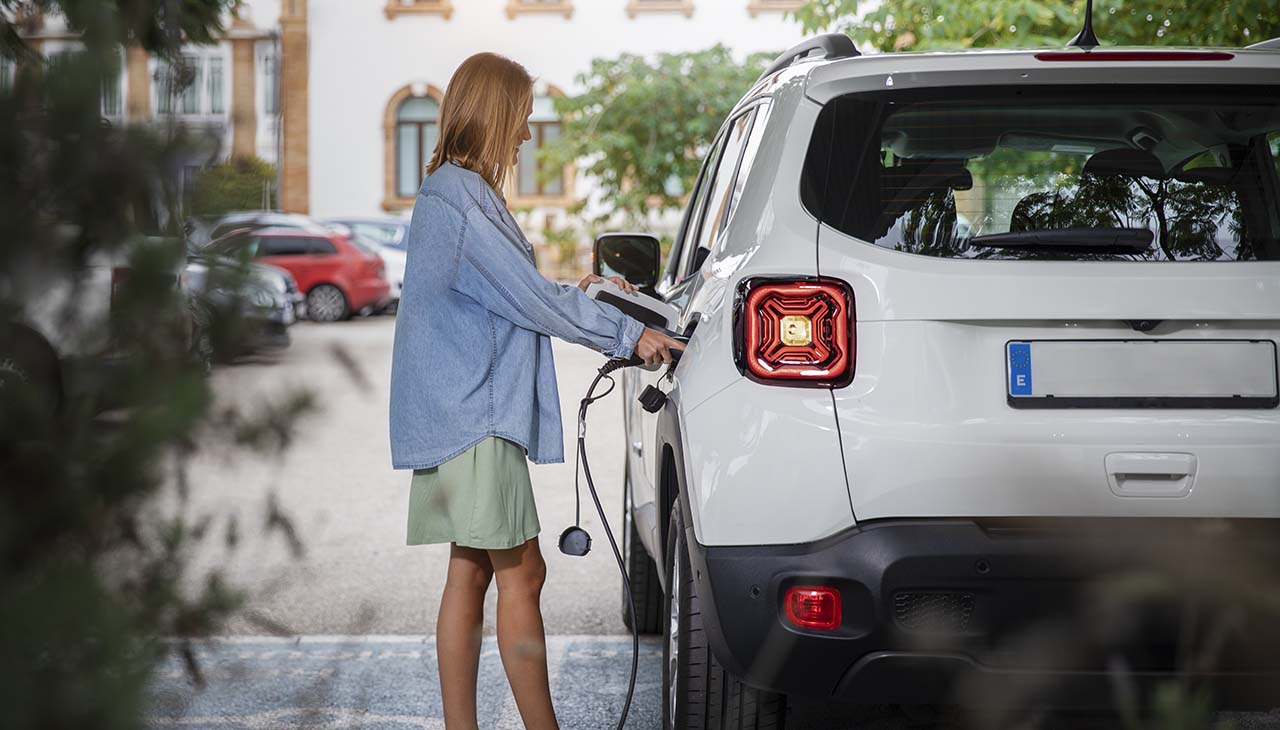The Evolution of Electric Cars: How They’re Shaping Our Future
Electric cars are rapidly becoming a central figure in the global narrative of sustainable transportation, representing not just an innovation in automotive technology but a pivotal shift towards reducing carbon emissions and dependency on fossil fuels. This evolution from gasoline-powered vehicles to electric alternatives is driven by advancements in battery technology, growing environmental consciousness, and supportive policies from governments around the world. In this section, we’ll explore the origins of electric vehicles (EVs), their development over the years, and how they are shaping the future of transportation, setting the stage for a cleaner, more sustainable mode of getting from point A to point B.
Early History of Electric Cars
The origins of electric vehicles (EVs) trace back to the early 19th century, a period marked by remarkable innovation and the exploration of potential electric transportation. The first electric carriage was developed in the early 1820s by Scottish inventor Robert Anderson, followed by a series of improvements and experiments by various inventors across Europe and America. Despite their initial novelty and the advantage of not producing the soot, noise, and smell associated with gasoline vehicles, electric cars faced significant challenges and limitations. The primary hurdle was battery technology; early batteries were not only prohibitively expensive but also offered limited range and power, making long-distance travel impractical. Additionally, the infrastructure for charging was virtually nonexistent, further restricting the practicality of electric vehicles. This early period set the stage for an ongoing quest to improve electric vehicle technology, a pursuit that would span more than a century.
Technological Advancements
Breakthroughs in Battery Technology
The revolution in electric vehicle (EV) usage can be largely credited to significant advancements in battery technology, especially with the introduction of lithium-ion batteries. This innovation has drastically improved the energy density, efficiency, and longevity of EV batteries, enabling cars to travel further on a single charge while also reducing weight and cost. Notably, ongoing research aims at enhancing battery recharge rates and exploring alternative materials to make them more sustainable and less reliant on rare earth elements.
Innovations in Electric Drivetrains
Electric drivetrains have undergone remarkable innovations, moving from simple, less efficient models to complex, highly efficient systems. These advancements include the integration of regenerative braking, which recovers energy usually lost during braking and uses it to recharge the battery. Additionally, the development of more compact and powerful electric motors has enabled improvements in acceleration and performance, making electric cars competitive with, and sometimes superior to, their gasoline-powered counterparts.
Integration of Smart Technologies
Electric vehicles are increasingly becoming interconnected with smart technologies, transforming them into more than just means of transportation. Features such as real-time diagnostics, over-the-air software updates, and advanced driver-assistance systems (ADAS) are becoming standard, enhancing safety, convenience, and the overall driving experience. Furthermore, integration with smart grids allows for optimized charging times, taking advantage of lower electricity rates and reducing grid strain during peak hours. These smart technologies not only improve the functionality and appeal of electric cars but also play a crucial role in the broader ecosystem of smart urban planning and renewable energy utilization.
Environmental Impact
The environmental impact of electric vehicles (EVs) stands at the forefront of their benefits, marking a critical leap towards ecological sustainability. A significant reduction in carbon emissions is perhaps the most notable advantage, as EVs, powered by electricity, emit far fewer greenhouse gases compared to conventional fossil fuel vehicles. This shift is crucial in combating climate change and achieving global carbon reduction targets. Furthermore, electric cars contribute substantially to the improvement of air quality, especially in urban areas. By eliminating the exhaust emissions that are typical of gasoline and diesel vehicles, EVs help reduce air pollutants, including particulate matter and nitrogen oxides, that contribute to respiratory and cardiovascular diseases among the population. Consequently, this improvement in air quality leads to better public health outcomes and reduced healthcare costs. Beyond these immediate benefits, the adoption of electric vehicles aligns with broader sustainability efforts. By integrating EVs with renewable energy sources, such as solar or wind power, their environmental impact can be further minimized, paving the way towards a fully sustainable transportation system that supports the health of the planet and its inhabitants.
Market Growth and Consumer Adoption
The upward trajectory in electric vehicle (EV) sales is a clear indication of their growing acceptance and appeal among consumers. This surge is primarily driven by a combination of factors, including the decreasing cost of EVs as battery technology improves, increasing environmental awareness, and the expansion of government incentives aimed at making electric vehicles more accessible to the average buyer. Additionally, the proliferation of charging infrastructure and the promise of longer driving ranges have also played a crucial role in mitigating range anxiety, a previously significant barrier to consumer adoption.
However, the ascent of the EV market does not come without its challenges. The initial purchase price of electric vehicles, despite decreasing over time, still remains higher than that of their gasoline counterparts, posing a significant hurdle for widespread adoption. The charging infrastructure, while improving, lacks uniformity and requires further expansion, especially in rural and underserved areas. Furthermore, concerns about battery life and the environmental impact of battery production and disposal are important issues that need addressing.
Opportunities within the EV market are abundant and promising. Innovations in battery technology that increase power storage capacity and reduce charging time are on the horizon. The entrance of more players into the EV market is expected to drive down prices through competition, making electric vehicles more appealing to a broader segment of the population. Additionally, advancements in renewable energy technologies offer the potential for truly sustainable transport solutions when paired with electric vehicles. Integration with smart technology and the holistic involvement in the smart cities ecosystem present electric vehicles not just as standalone products but as crucial components of a broader, sustainable, and interconnected urban future.

